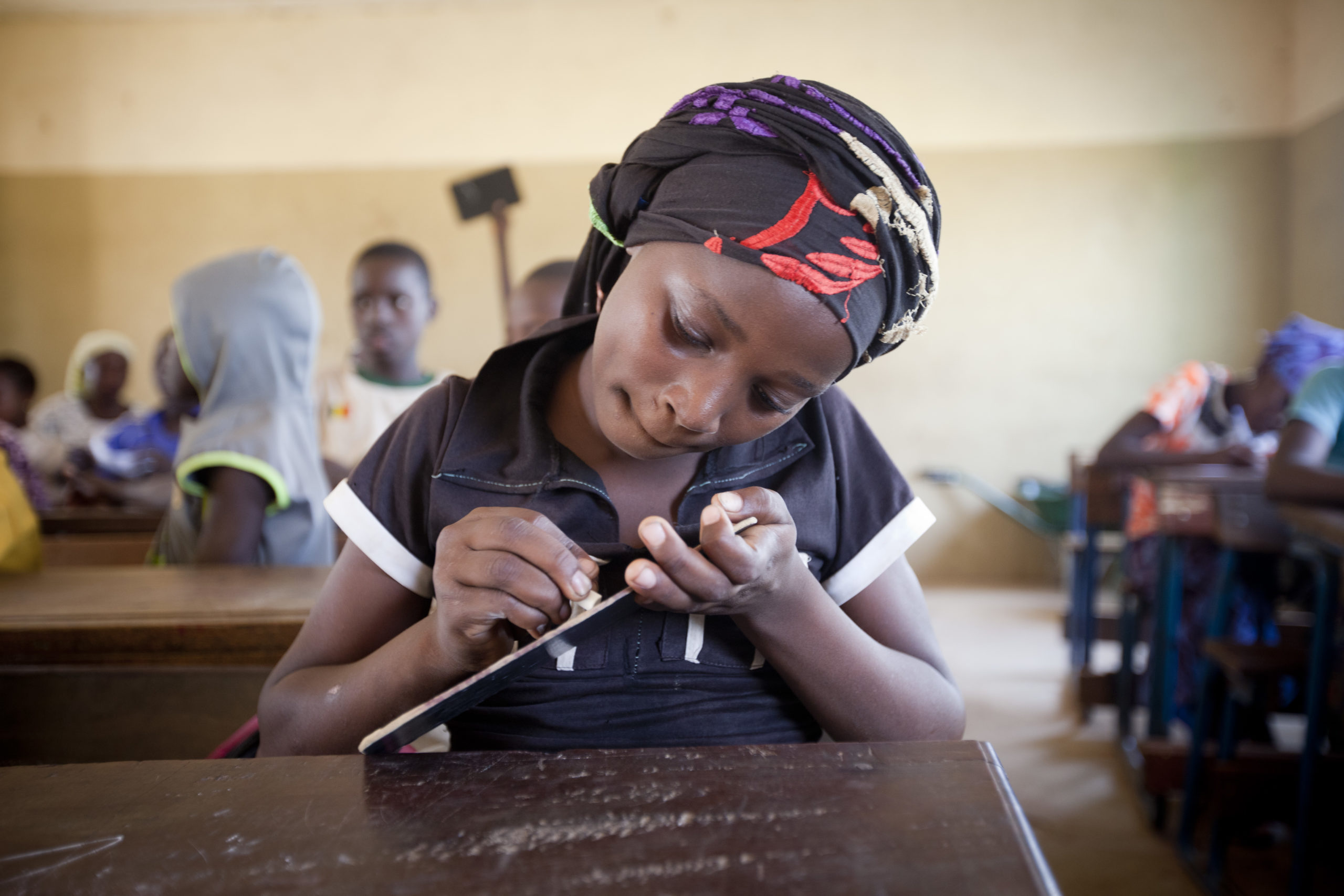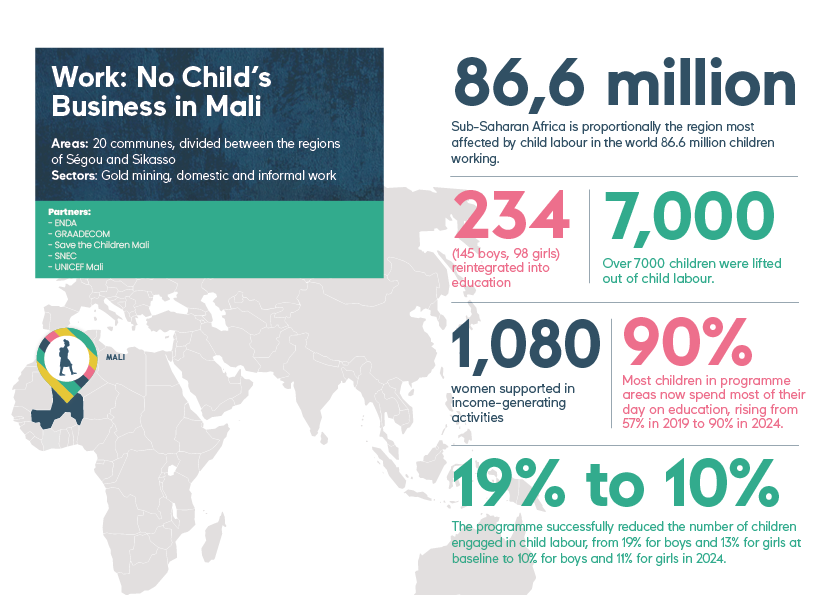
Child labour in Mali
Sub-Saharan Africa is proportionally the region most affected by child labour in the world, with 23.9% or 86.6 million children working. In line with global estimates for the sub-Saharan region, the child labour prevalence rate at the start of the programme in 2019 was around 22% for boys and 21% for girls.
The entire population of the Ségou region, in the center of the country, is employed in agriculture, cattle rearing, fishing and weekly fair trade. Child labour is present in almost all economic activities. In the south, in the region of Sikasso, orpaillage – the basic art of panning for gold – is widespread alongside agriculture. Children are widely employed in both agriculture and gold mining.
How we measure our results
- Key Performance Indicator studies (3x) at baseline, mid-term and endline. In total, this included household surveys with over 1579 respondents.
- SenseMaker studies (3x) at baseline, mid-term and endline to measure norm change in communities involving 148 adults and 241 children in Mali
- Gender analysis to develop gender-sensitive and transformative interventions
- Annual outcome harvesting to reflect on our interventions and contributions to change
- External mid-term review and final evaluation
Impact summary
The WNCB programme was implemented in high incidence communes in the regions of Ségou and Sikasso. The programme successfully reduced the number of children engaged in child labour, from 19% for boys and 13% for girls at baseline to 10% for boys and 11% for girls in 2024. Over 7000 children were lifted out of child labour.
Stories of change
Gender equality and social inclusion
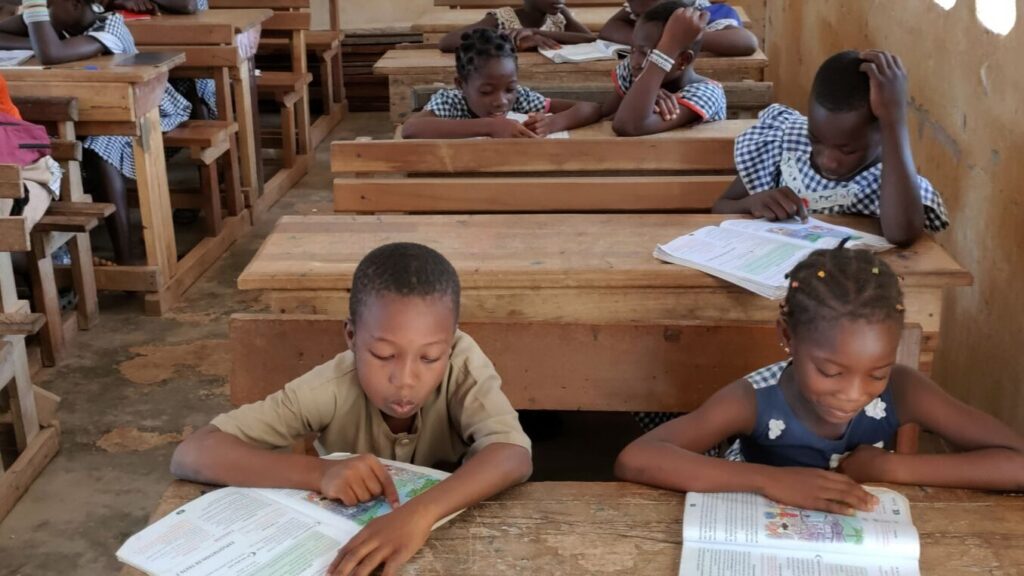
Rokia Sidibé, a 15-year-old from Fougatiè, used to pan for gold. She is a member of the village youth association and was identified by Enda-Mali to attend a training course to improve her skills and get out of gold panning.
Gold panning is very risky and the profits are uncertain. The technical assistance helped Rokia learn new information and skills that enabled her to leave the panning sites. The programme supported her to work in the community garden with other young women in the village.
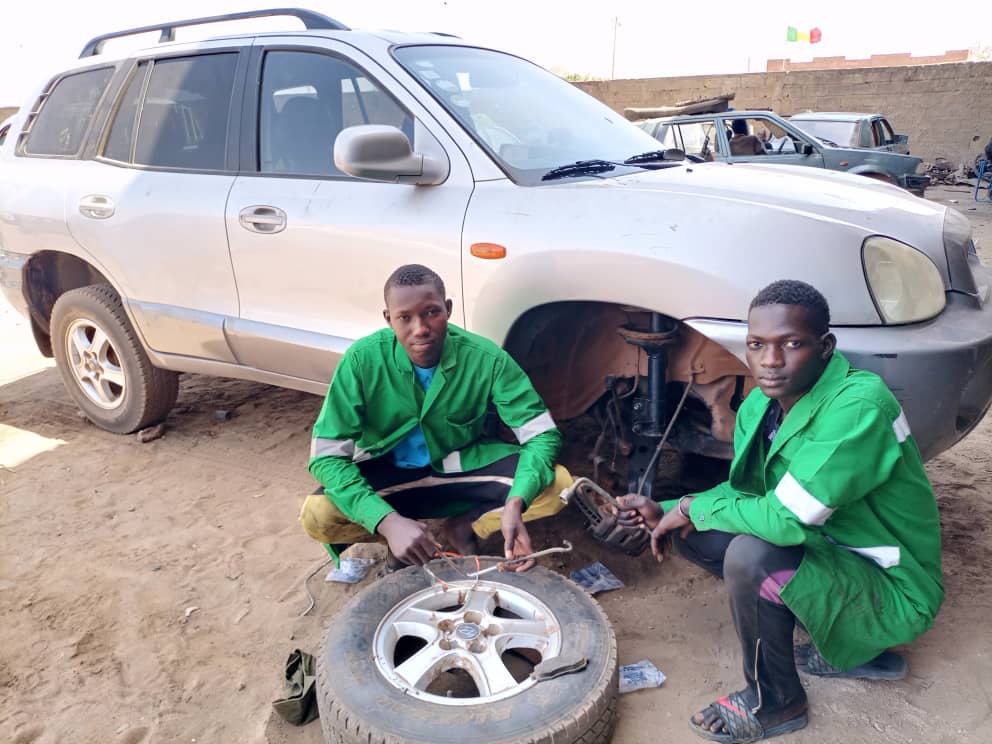
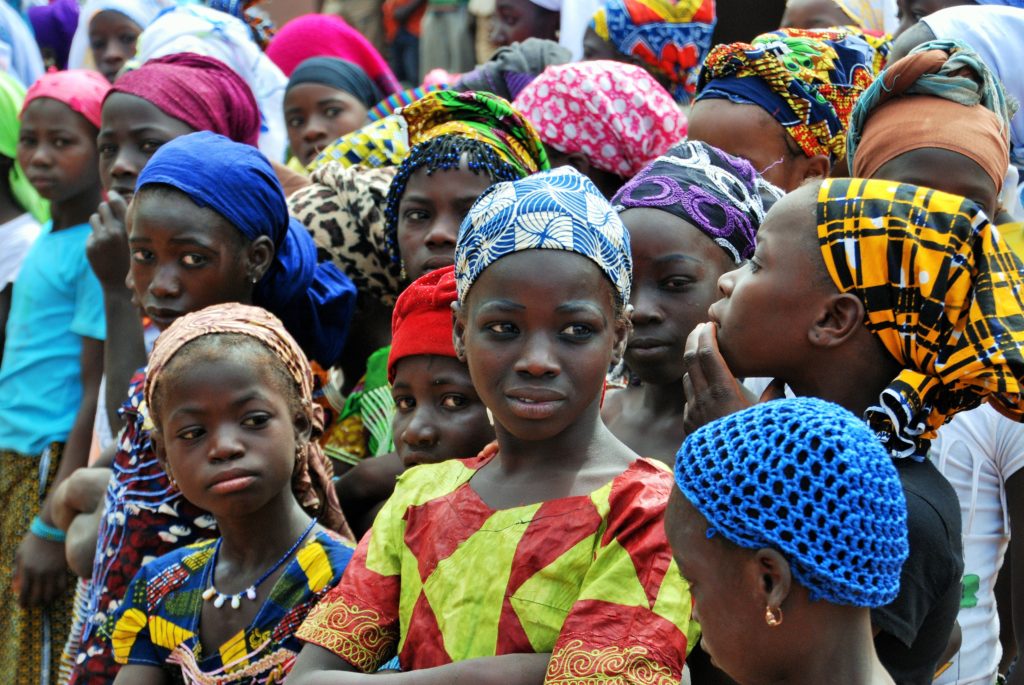
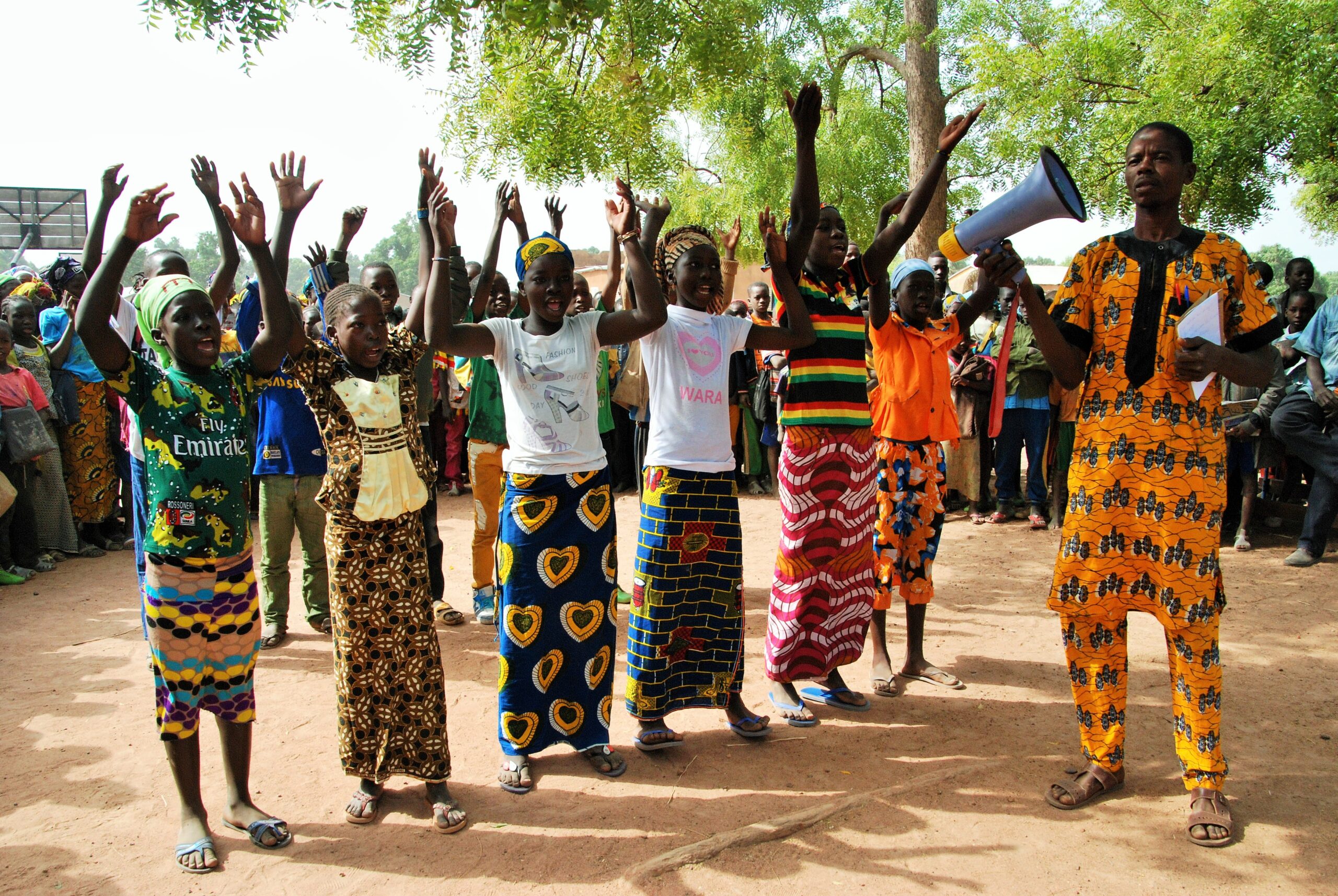
Achievements
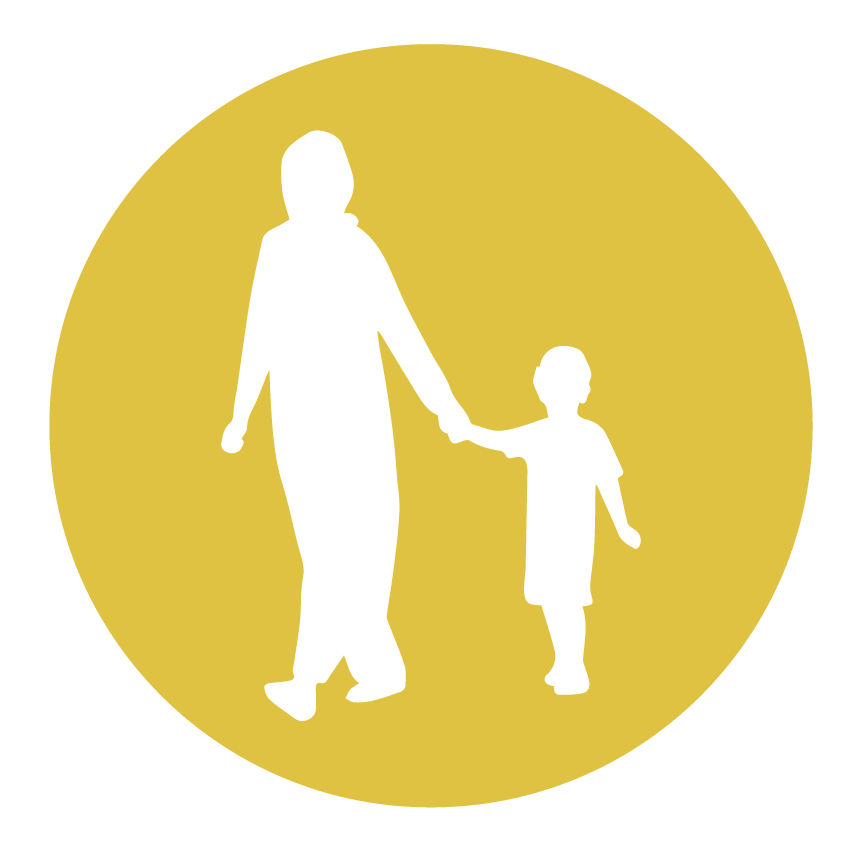
Communities
The programme has reduced paid and unpaid work by children in the home.
By making children’s interests a top priority in community development, the WNCB programme has been effective in reducing child labour in the programme areas. Local elected officials in the Bougouni and Yanfolila Cercle have integrated issues related to combating child labour and improving the quality of education into their economic, social and cultural development plans.
During the programme period, 150 child protection workers in Mali, including 30 in the programme intervention zones of Sikasso and Ségou, were able to manage child protection cases. This was thanks to the knowledge and skills they acquired in managing cases of child victims of violence, abuse and exploitation in real-life situations.
Of the villages with WNCB presence, 18% of boys and 26% of girls worked at home, and 12% of boys and 26% of girls worked elsewhere. In villages without WNCB presence, the figures were much higher, with 39% and 40% at home and 49% and 36% elsewhere. This shows the success of our work in the programme areas. Children and parents agree that children’s paid work has decreased over the course of the programme. A reduction in unpaid work within the home was also reported, with a better balance between household chores and education.

Schools
The WNCB programme has boosted school attendance in Mali, rising from 114,056 in 2022 to 117,819 in 2024.
A total of 243 children – 145 boys and 98 girls – have stopped working and re-entered the education system with the support of the WNCB programme. Besides that, the WNCB programme has had a positive impact on general school attendance in Mali, increasing from 114,056 in 2022 to 117,819 in 2024. The vast majority of children in areas where WNCB has been active now say they spend most of their time each day on education and go to school daily rising from 57% in 2019 to 90% in 2024.
560 teachers in the Sikasso and Ségou areas have been trained to raise awareness and disseminate child protection legislation to pupils and communities. During the programme period, these teachers adopted new codes of conduct for communities and children on child labour and schooling, thanks to training on teaching methods, child rights conventions and social dialogue. Their newly acquired knowledge and skills will ensure sustainability beyond the programme period.

Economic Strengthening
316 women were trained in business management and credit/savings.
The programme’s support for income-generating activities has enabled 1,080 women from women’s groups, vulnerable families and ‘Associations de Mères d’Enfants’ to keep their children in school. Our partners trained 316 women in business management and credit/savings, helping them to contribute to their children’s school fees and keep them in school. In addition, 88 families have used the programme to develop new self-supporting and income-generating activities that don’t involve child labour.
A total of 98 young men and 51 young women between the ages of 18 and 24 have been able to find decent jobs thanks to the WNCB programme.

Private Sector Collaboration
171 economic actors are now helping to protect children from dangerous work sites.
During the programme, 67 Maîtres Artisans Formateurs implemented measures to protect and safeguard children from the worst forms of child labour in vocational training centres. This was achieved through capacity-building sessions on child labour concepts, child rights conventions, protection, safeguarding and skills for decent work. As a result, 171 economic actors were empowered to help remove children from gold panning sites and cotton fields.
In addition, the regional and local chambers of commerce of Sikasso and Yanfolila signed 19 cooperation protocols with the programme to implement youth entrepreneurship training with master trainers.

Governments
Today, various authorities implement CRC-based policies to promote children’s rights.
In Mali, 12 formal commitments have been signed by 12 local authorities to guarantee children’s access to and retention in school in the areas covered by the programme. Government plans for economic, social and cultural development now take greater account of children’s interests in community development, including issues related to the fight against child labour.
Eight ministerial departments, as well as political, administrative, school and local authorities, regularly participate in the advocacy meetings of the CNBB programme in Bamako and in the intervention zones. As a result, they now apply policies and implement actions that promote children’s rights in accordance with the CRC, C182, C138 and the African Charter on the Rights and Welfare of the Child. This ensures a sustainable process and progress beyond the programme duration.


